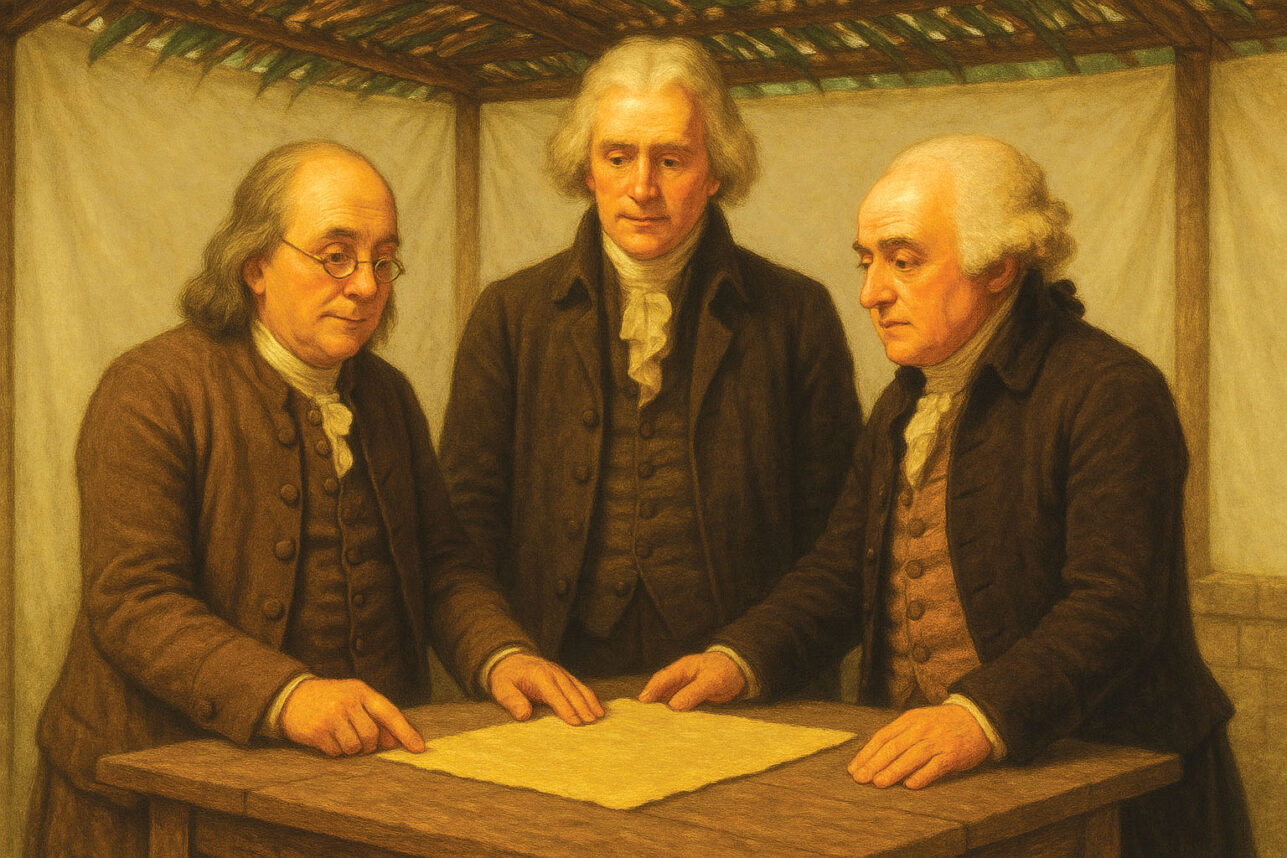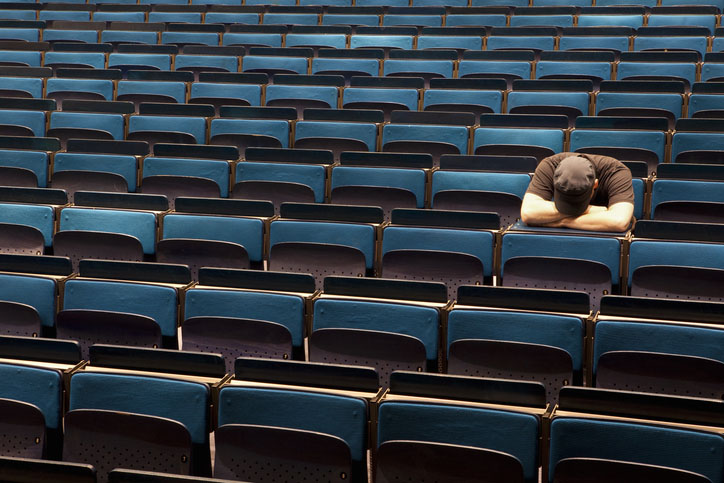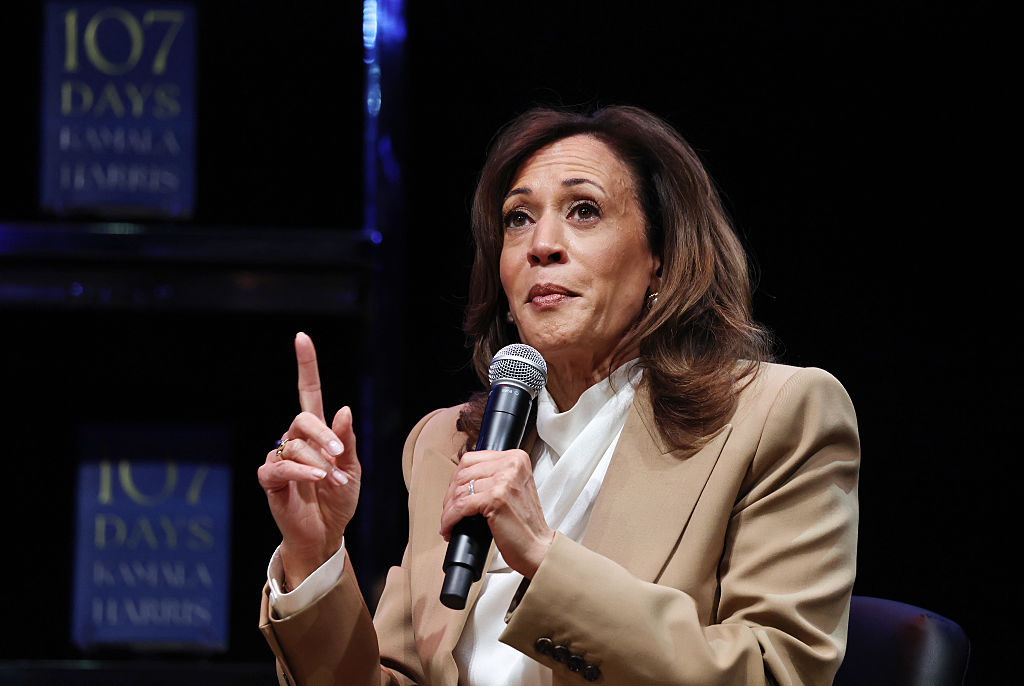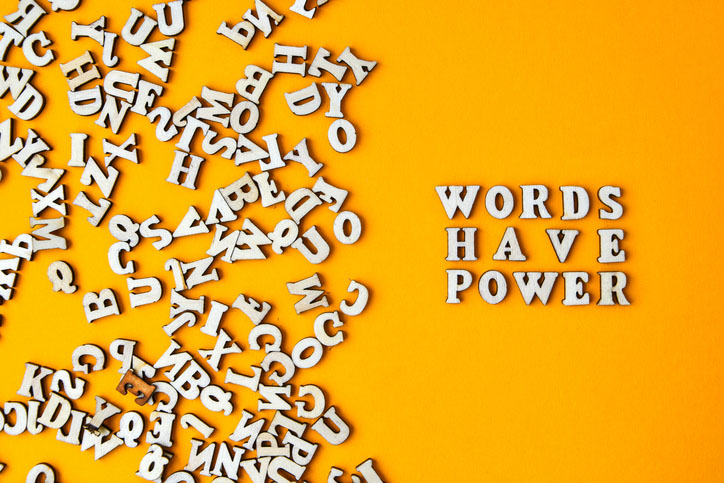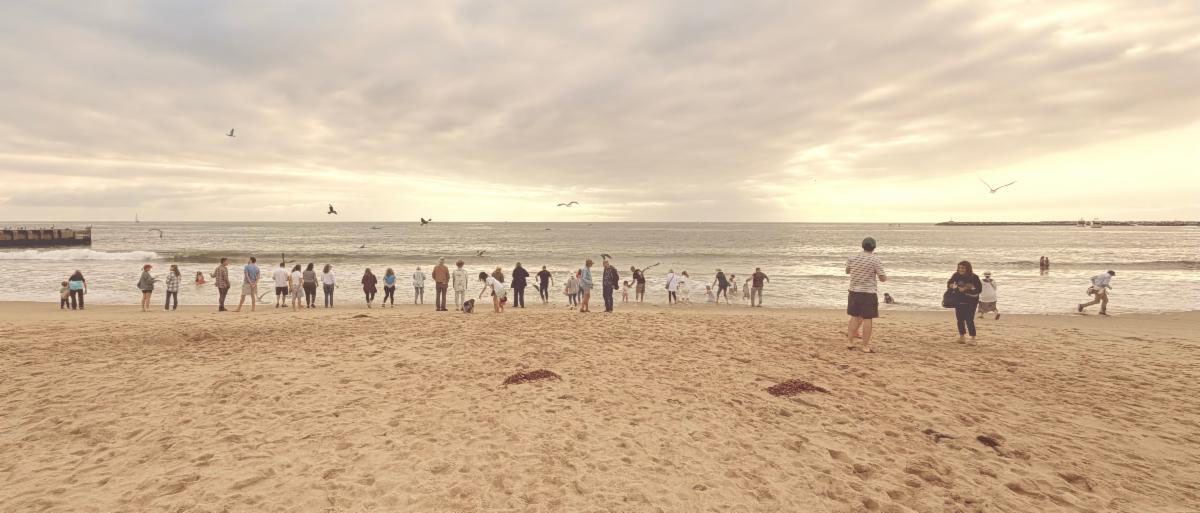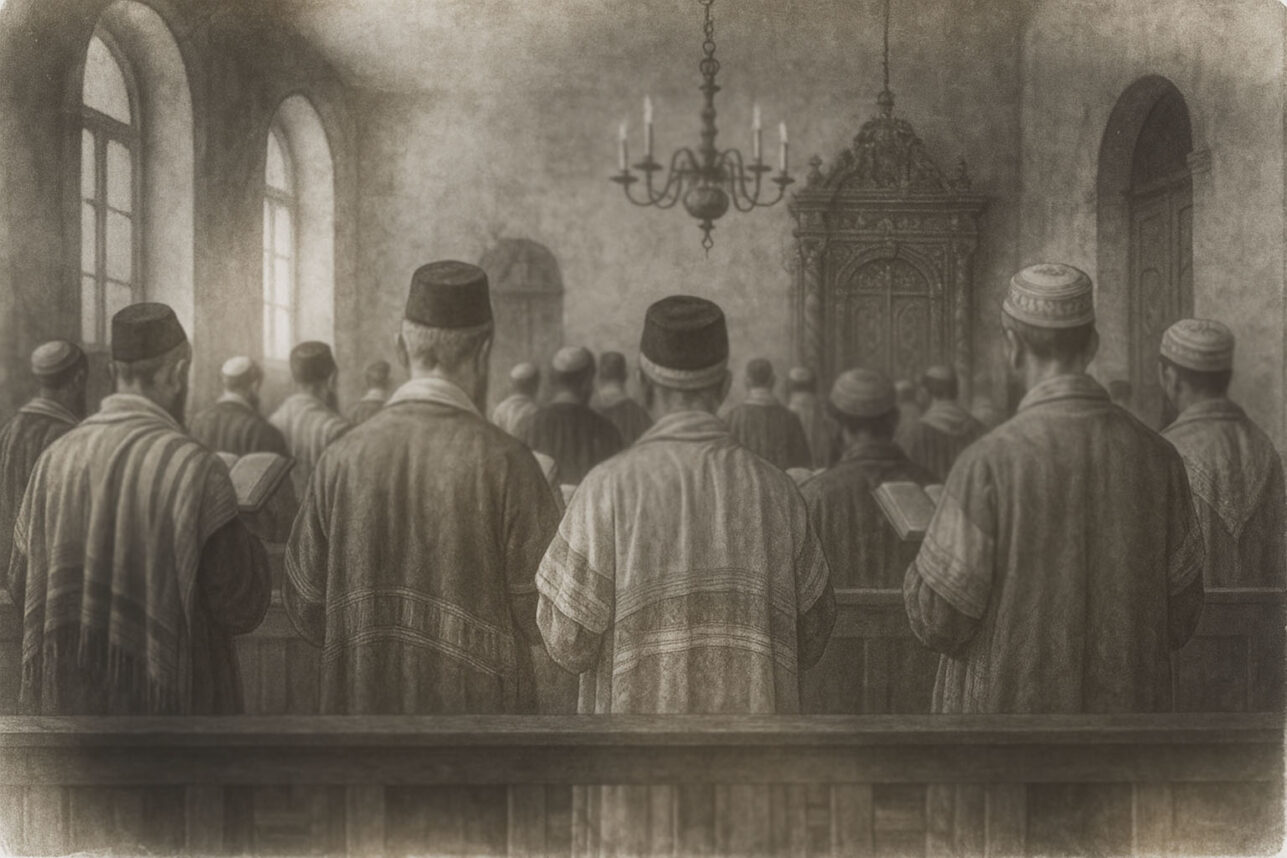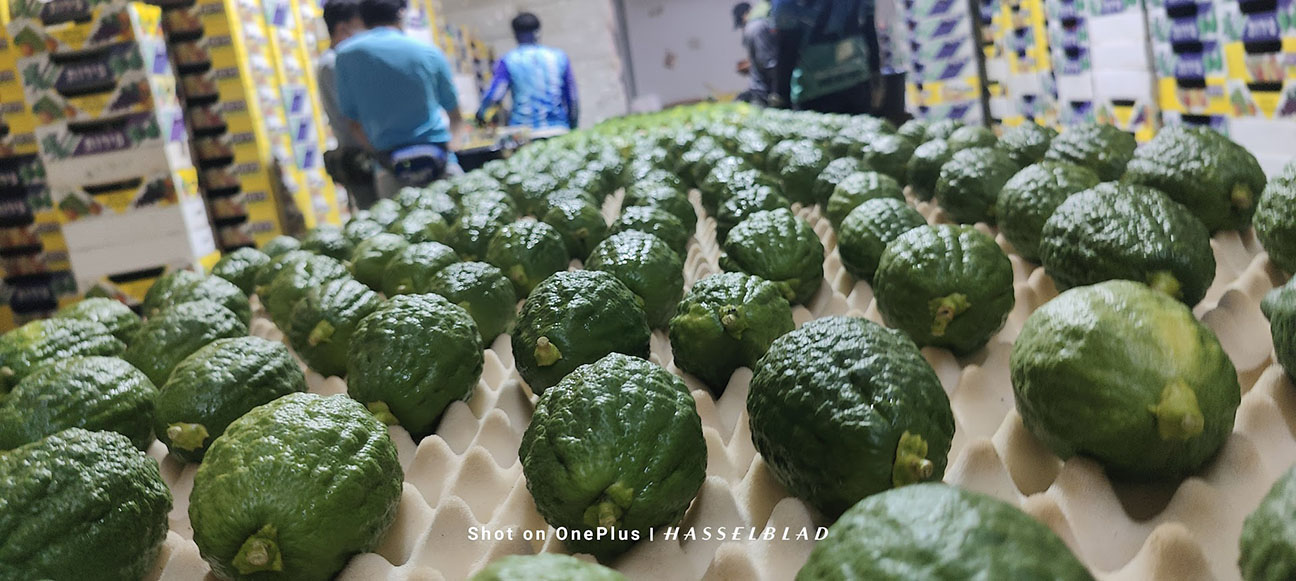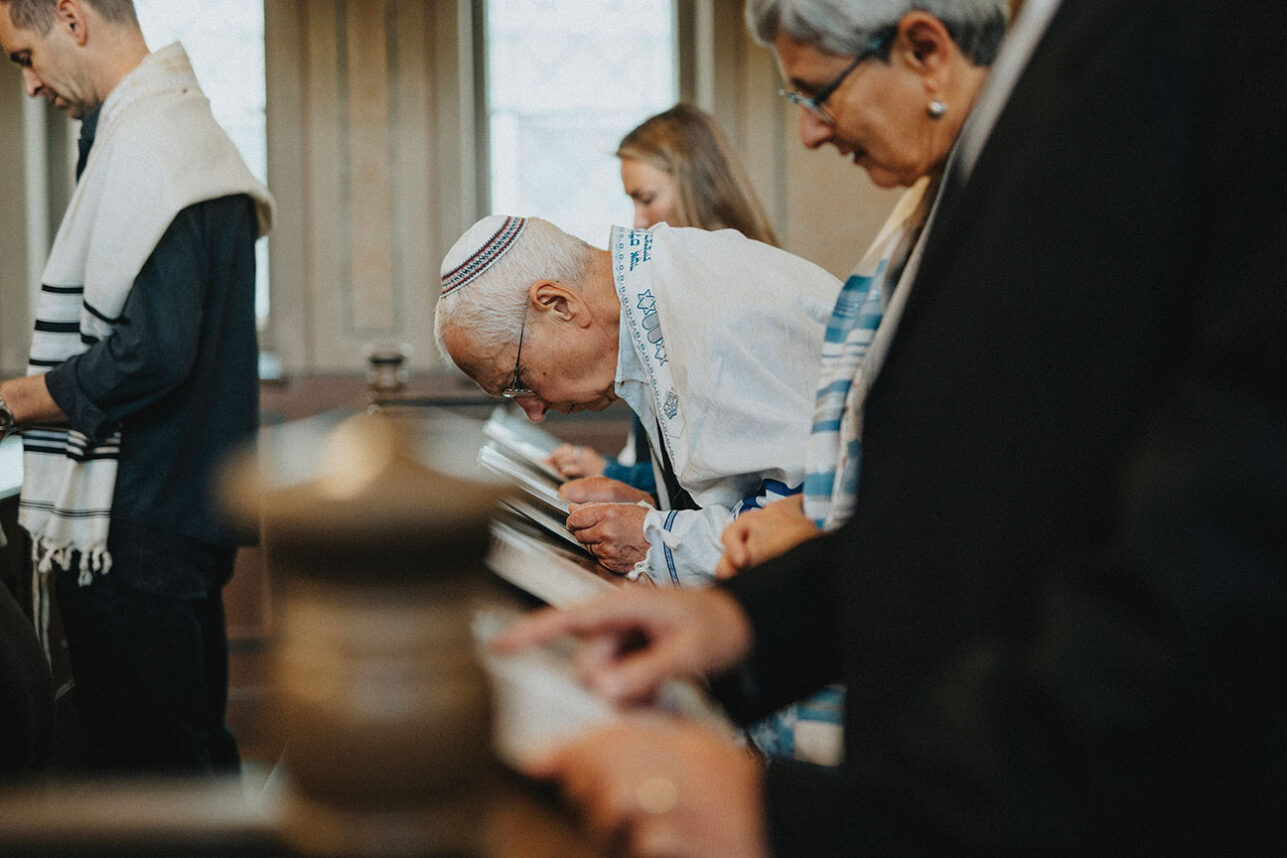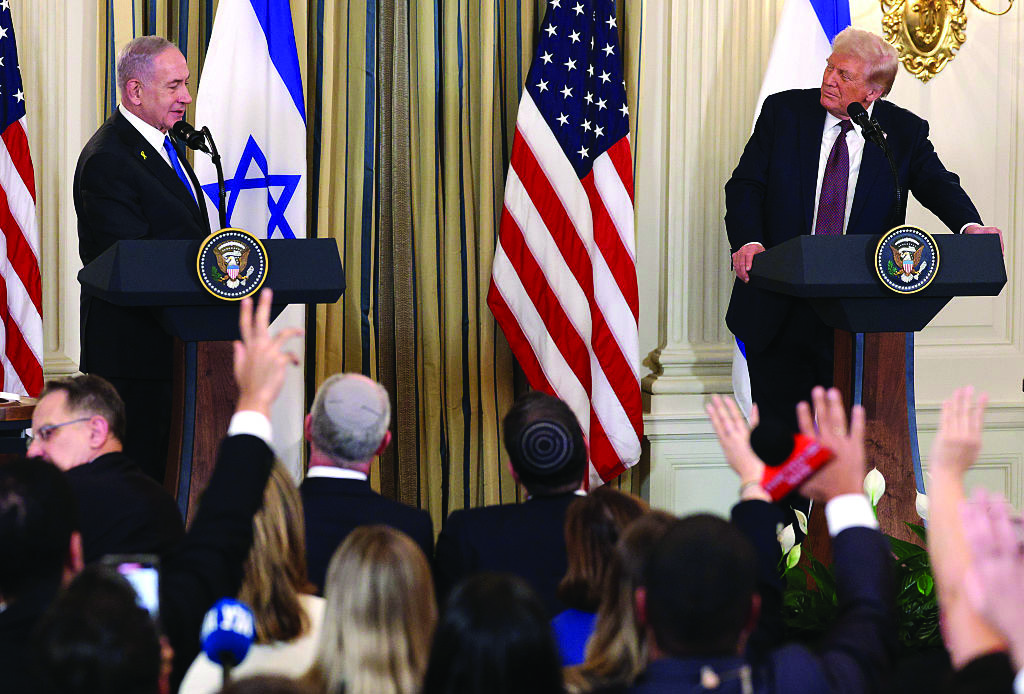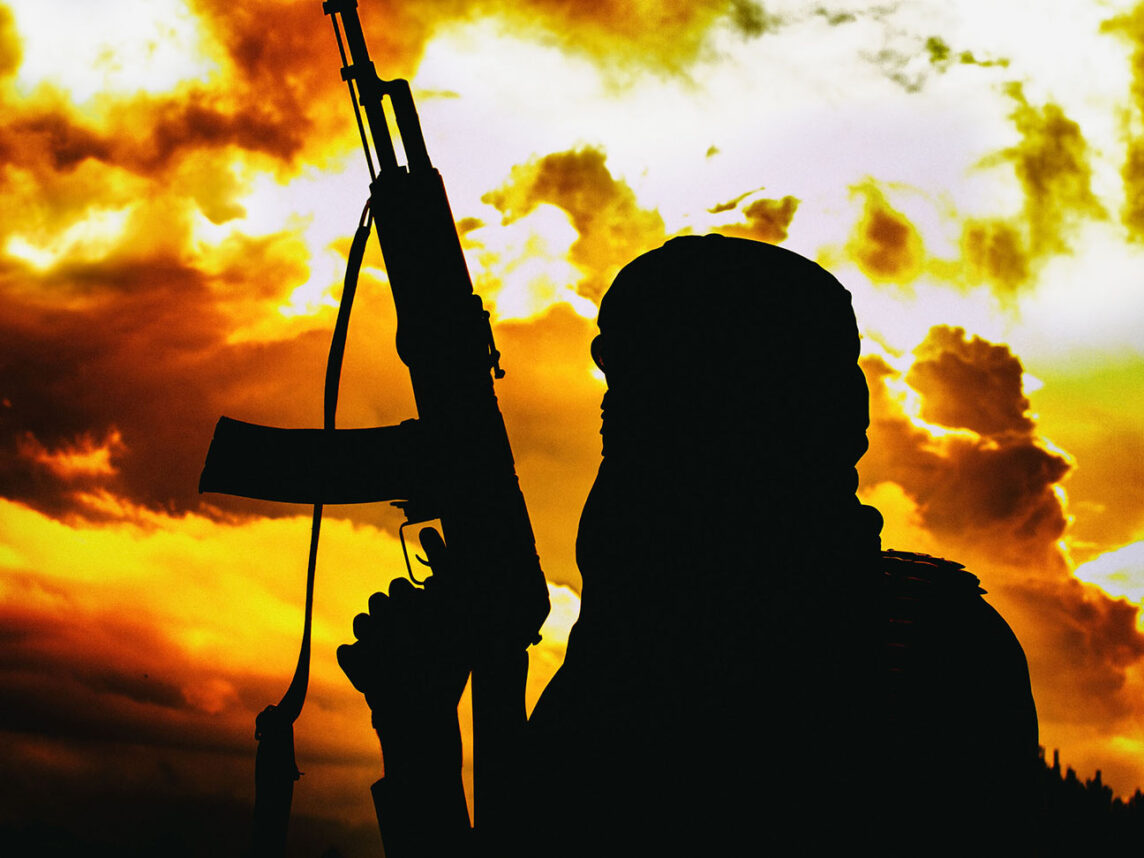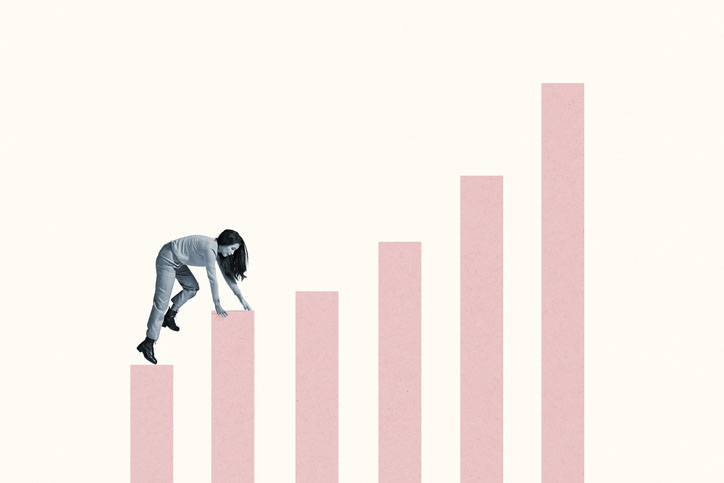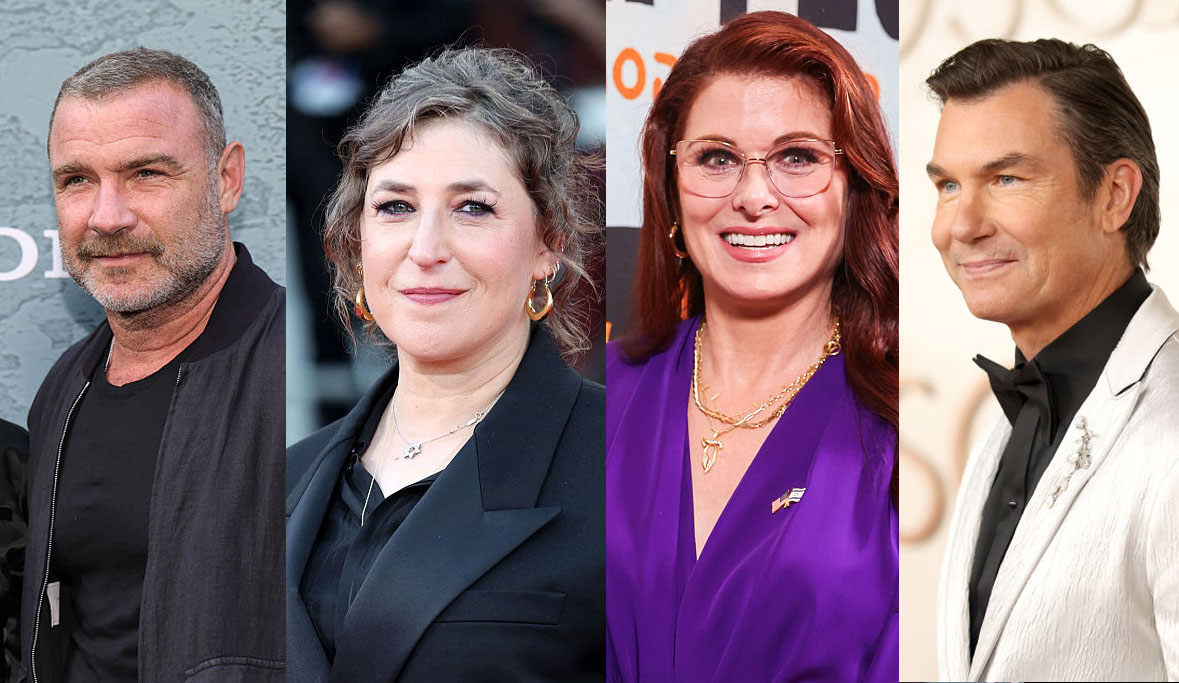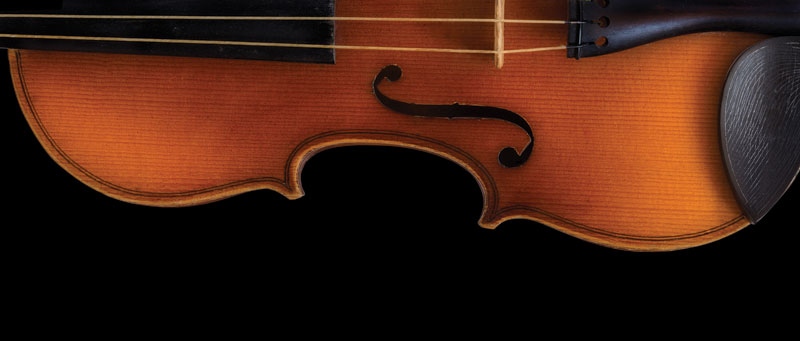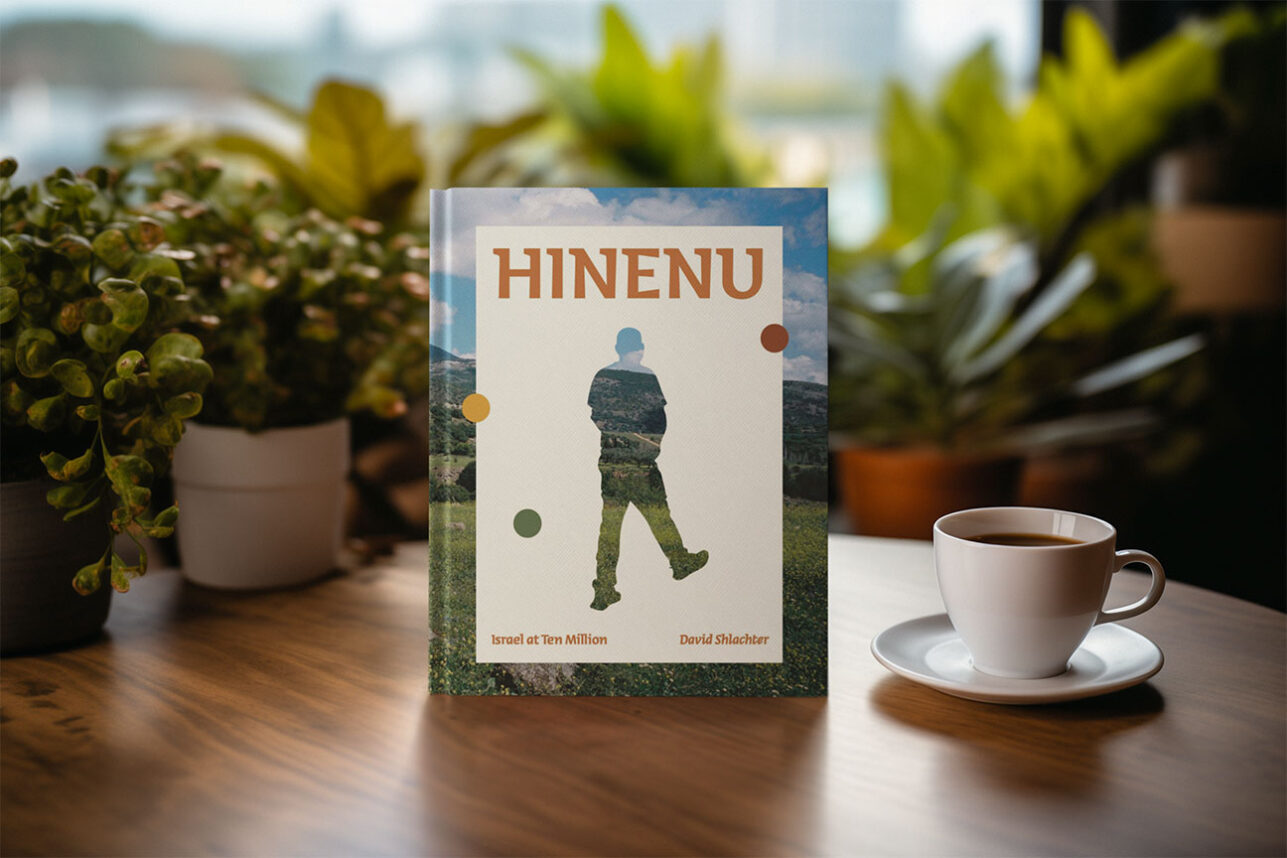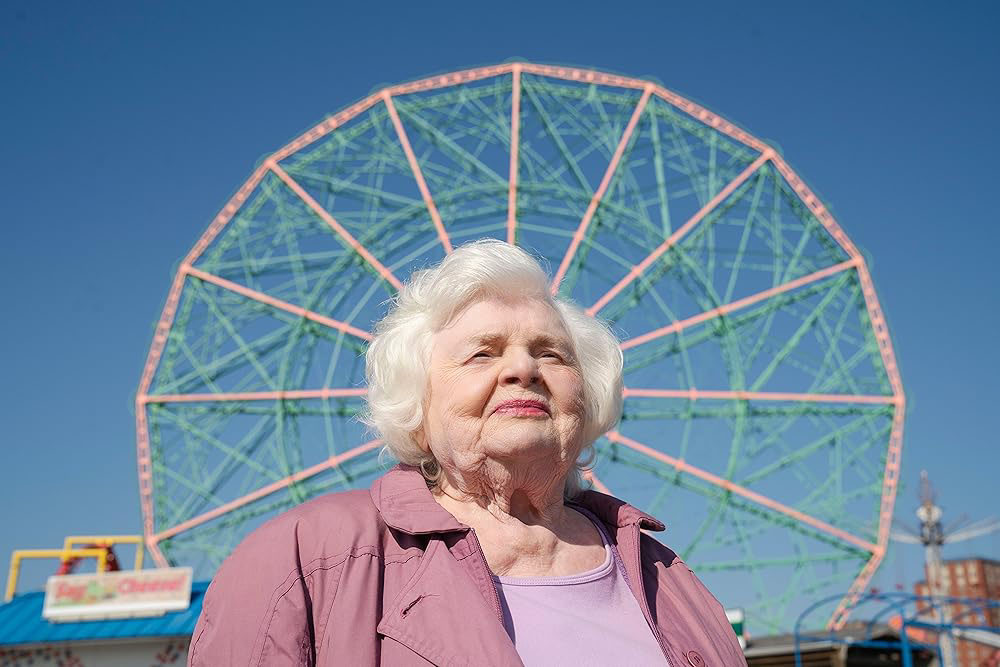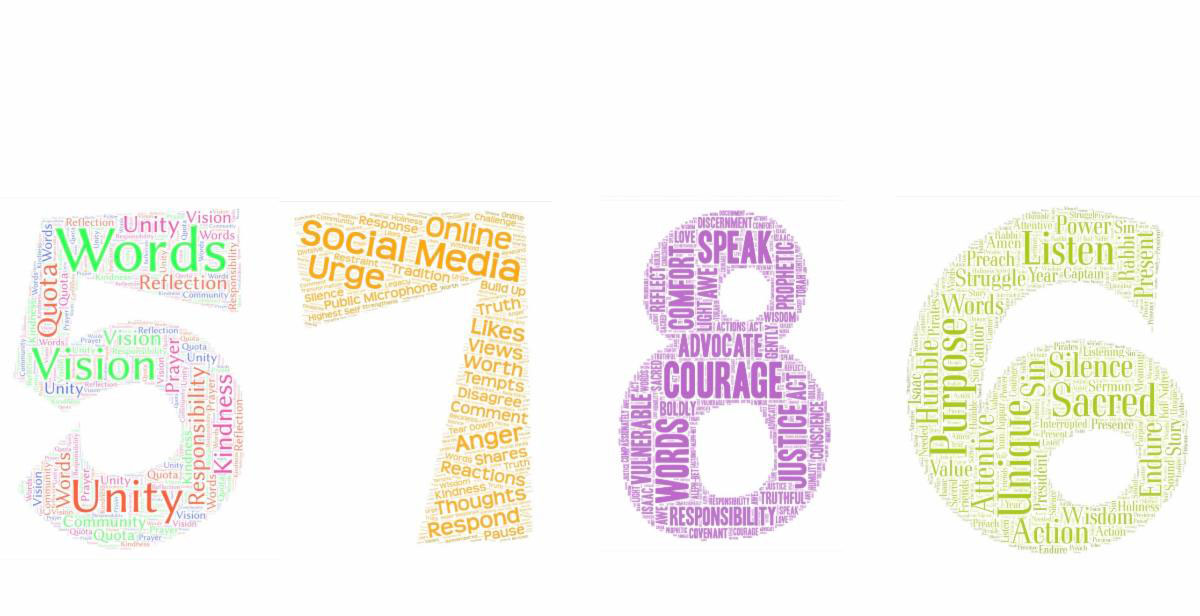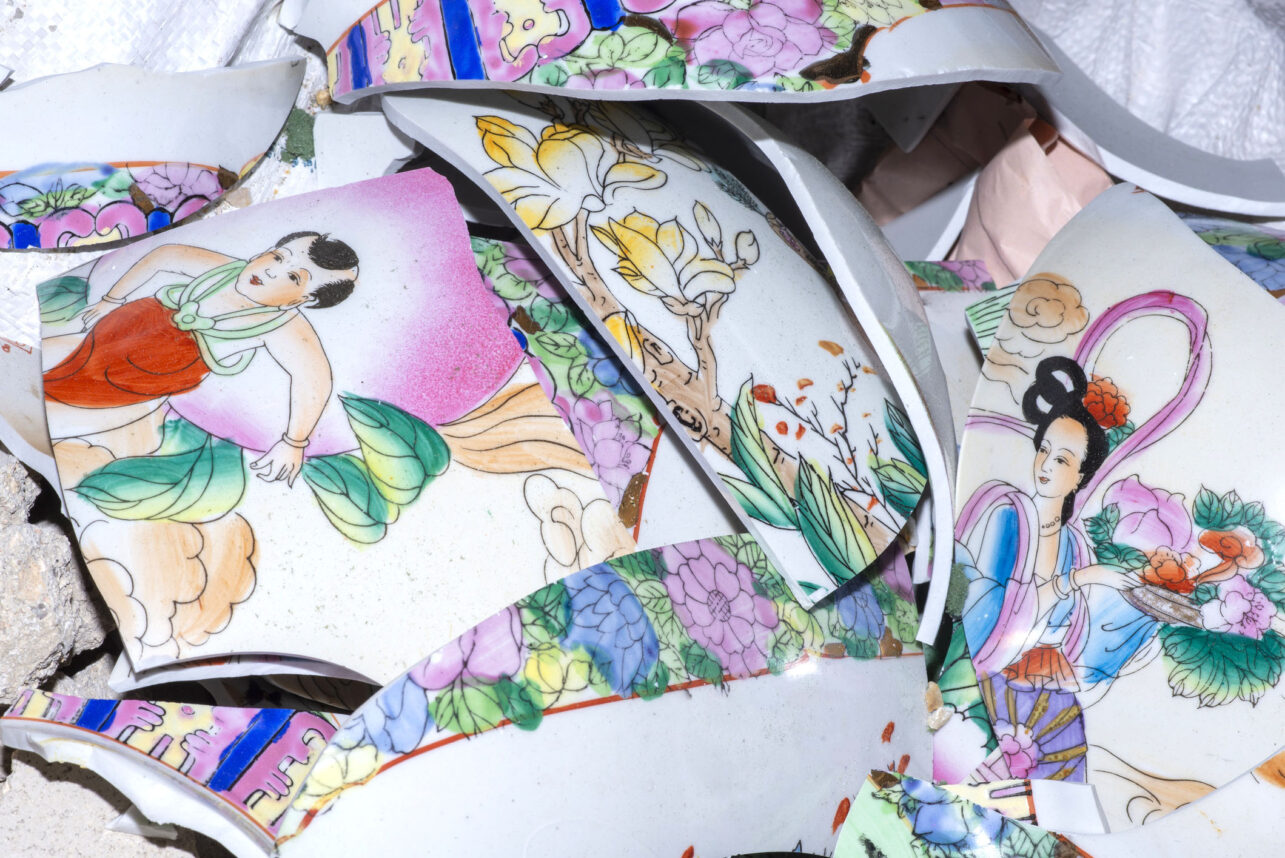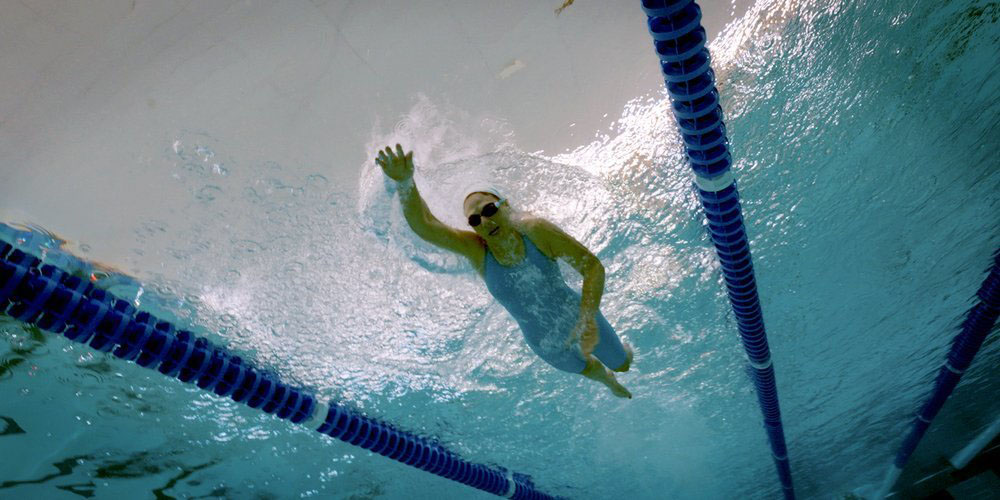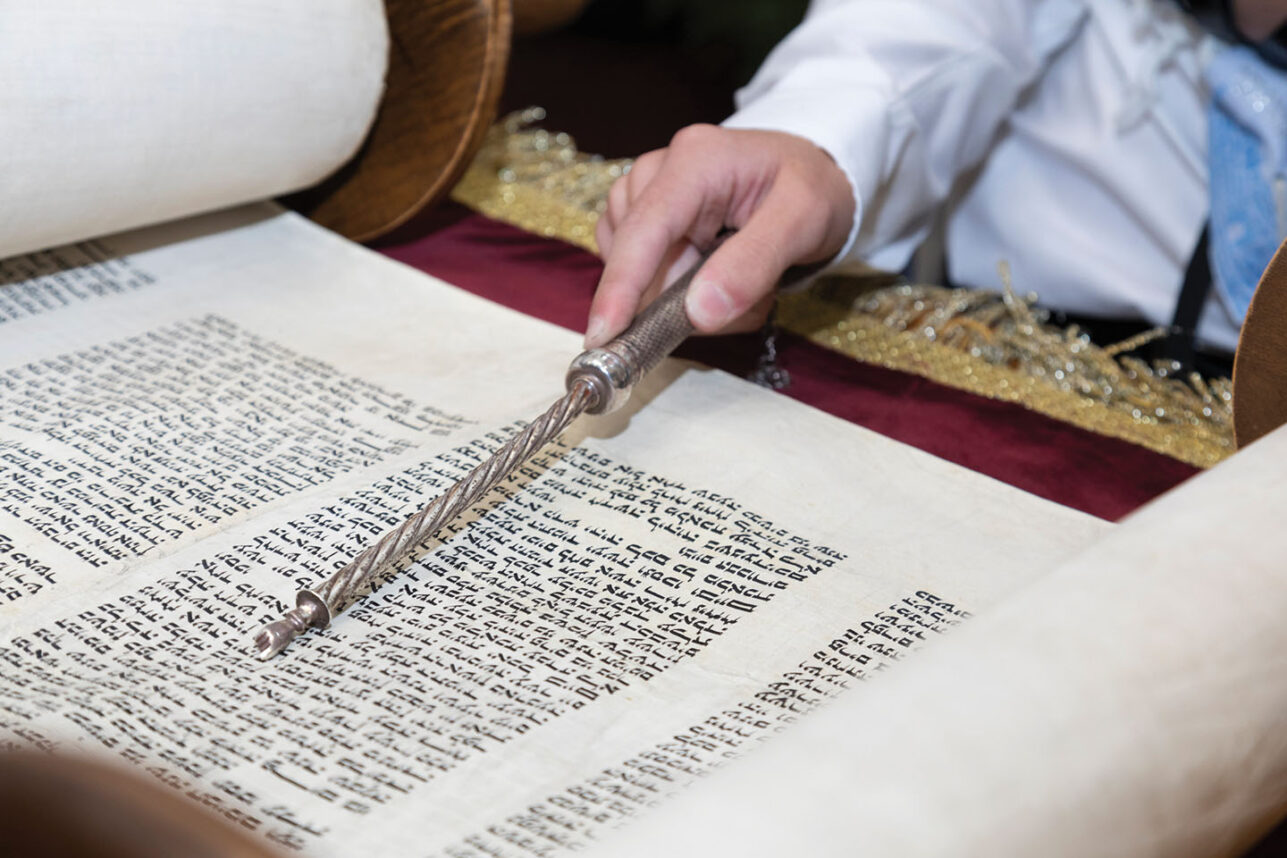
Since October 7th, the students and faculty at Milken Community School have seen the world change. But Rabbi Gordon Bernat-Kunin, the rabbinic director and director of the Advanced Jewish Studies Center/Beit Midrash at the school said it’s “too soon to judge whether the changes are transformative (for the 800 students),” but added “they are definitely substantive.”
Bernat-Kunin probably is the best judge of student reaction since he has spent his entire 31-year career at the 32-year-old school.
When the students and teachers were brought together before classes on the Monday morning after Oct. 7, the rabbi asked himself “how do you create understanding from something so overwhelming to so many people within the school community?”
When the students and teachers were brought together before classes on the Monday morning after Oct. 7, the rabbi asked himself “how do you create understanding from something so overwhelming to so many people within the school community?” At that moment, he said, “I felt tremendous gratitude for the Jewish tradition of prayers that made up most of ceremony, read by rabbis of our school.” As the rabbinic Head of School, Bernat-Kunin said “I attempt to integrate Jewish values, ideas, Jewish texts and practices into the fabric of the school.”
Since the Gaza War began, there have been changes on campus:
• Students in grade 12 attended a StandWithUs rally on Oct. 10, displaying their solidarity and support for Israel.
• In Milken’s Upper School Fashion & Design class, students are utilizing IDF fashion as inspiration for their upcoming designs.
• Rabbis at the Upper School are hosting a (new) daily morning minyan before school at 7:30 a.m. in the Beit Midrash.
• Upper School students met with Middle School students to discuss Israel and its history, helping to give younger students more context in a group lunch-and-learn setting.
• A blessing/prayer wall where students, faculty and staff can write messages of hope and memory for those affected.
These are examples of what Rabbi Bernat-Kunin meant when he said “I am inspired by the opportunity to work in an environment that is pretty rare. The mere act of the community coming together on Monday morning at 8 o’clock doesn’t happen often.” The rabbi noted the shofar was blown at the meeting “out of a sense of unity. How do we support one another? When you have a variety of students from grades six to 12, how do you teach the same thing to very different groups of people?”
The Tarzana native believes Milken is meeting the challenge. “We have been giving students immediate context by working with departments that have the ability to fashion a lesson that can go from grades six to 12,” Bernat-Kunin said. “We also are looking at social media and the question of how do you speak to students of different ages and background since Milken is a pluralistic day school.”
Bernat-Kunin’s path to the rabbinate began in 1984, after his junior year at Harvard. “A big influence on my interest in the rabbinate was participating, perhaps by accident, in the Brandeis-Bardin Institute’s BCI (collegiate) program in 1984. He was supposed to spend the summer working for a politician in Washington, but the politician changed plans. A good friend whose mother was on the board at Brandeis-Bardin was planning to spend time at BCI,” the rabbi said. “He invited me to join him.”
Career clinched.
“I found it absolutely inspiring, enthralling,” Bernat-Kunin said. “It was pluralistic community building, incredible learning, incredible arts. You felt as if there were different people on each of your shoulders pulling you in different directions.” He sounded as if, 39 years later, he still could not believe the irresistibility of this fresh look at Judaism. Bernat-Kunin said that “you could be with the influence of the great Dani Dassa, and he would be speaking to you of his love of the land of the Tanakh – and Jewish culture. Then you could have a Hassidic doctor who wanted to show you about Jewish meditation. He wanted you to wake up early in the morning to watch the sunrise.”
The school offered “amazing teachers on different sides of an issue. One was Dennis Prager. The other was Donniel Hartman, who had just finished his service with the Israeli army. He had grown up with one of the great scholars of the Jewish people, David Hartman.”
After graduating from Harvard, Bernat-Kunin enrolled at the Pardes Institute of Jewish Studies in Jerusalem. “A Pardes teacher told me something I have not forgotten: ‘The drama of the lesson is learning within the spaces between the words of the text.’”
Bernat-Kunin spent five summers working at BCI with the celebrated educator Dr. Bruce Powell. One day Powell said to the newly ordained rabbi, “I am working at a new school, Stephen Wise Community School (Milken’s original name). How would you like to join me?”
The rabbi’s four children – three boys and a girl — graduated from Milken, and all four spent the second semester of 10th grade in Israel, part of the Milken program. “When they were young,” the rabbi said, “we decided we wanted them to become as comfortable as possible in Israel. When I had a sabbatical, they ended up spending a full year in Israel. It was unbelievably rewarding.” Self-effacingly, their father said he “never will be like a native – but perhaps my children can.”
The rabbi’s three sons are currently in Israel. Two have made Aliyah and the third is spending his gap year at the Hartman Institute. Rabbi Bernat-Kunin’s pride was palpable. “When I watch the level of decisions they have to make in their lives, it is so beautiful, inspiring and daunting,” he said.
The rabbi has asked himself: What does it mean to build a bridge or have your child surpass you? His answer: “When I look at my children and see the choices they have made, it is amazing. All three sons are in Israel, and my daughter is about to be installed as a rabbi at Sinai Temple.”
Fast Takes with Gordon Bernat-Kunin
Jewish Journal: Best non-Jewish book you ever have read?
Gordon Bernat-Kunin: Camus’ “The Plague.”
J.J. What do you do on your day off?
B-K: Go on long hikes with close friends. Sometimes I also go kayaking.
J.J.: Your favorite Jewish food?
B-K: The flourless chocolate cake.









